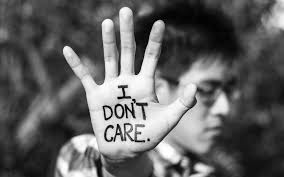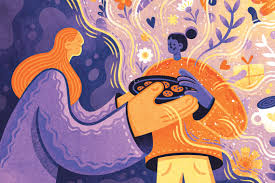
Mariana and the Ex-Royal Couple
A bent and seemingly emaciated grandmother who sells vegetables in the streets of the small city of Sonsonate in El Salvador rises at 5 a.m. to get her wood fire going so she can have her morning coffee. She then walks several blocks through broken, littered streets to her village’s main street to catch a bus so she buy produce and begin selling at 8 a.m.
Mariana lives in a tiny house wrapped in sheets of plastic. The roof is rusted corrugated metal. It does a poor job of protecting her from the rain and she often wakes up wet. She has no bed or mattress but sleeps on a fibrous mat, which puts marks on her back and causes her pain.
This description of Mariana and her living conditions is part of a story that recently appeared in a Salvadoran newspaper. It was posted by a Facebook friend in El Salvador and has stuck in my mind, thinking about how many millions of Marianas there are in the world – people who live in miserable conditions while most of us in the developed world live in relative comfort.
Obviously, both Mariana, the impoverished grandmother, and the former prince and former duchess of Sussex, a former American actress, were born into their life situations. Like all of us, they had no choice in the matter. They did nothing to bring about either their affluence or their poverty.
So why is it that those of us born into relative comfort in a country like the U.S. think of ourselves as superior to those who live miserably? Why do we feel that we deserve it and seldom question the injustice of it all? Why are we so slow to relieve the hardship of those millions who suffer from poverty, lack of health care, lack of security, lack of education? Why do we diligently guard what we have through stringent immigration policies and stingy aid to countries in need?
About What Faith Requires
So this is about politics? No, it’s about what faith requires, even though it touches on the political, and about realities that people searching for God can’t ignore. I can’t help but think about Jesus’ parable about the rich man and Lazarus in the gospel of Luke.
As you may recall, the rich man “feasted sumptuously every day.” At his gate lay a poor man named Lazarus, who was “full of sores and who desired to be fed with what fell from the rich man’s table.” A graphic description, if there ever was one.
Both men die, according to the story, and in the ancient Hebrew imagining of the afterlife, Lazarus was “carried by the angels to Abraham’s bosom” while the rich man went to Hades, or hell, and was in torment. This, apparently, wasn’t simply because he was rich but because he ignored the desperately hungry man who laid at his gate. And the kicker? The rich man asks Abraham for relief and that Lazarus be sent to his five brothers, who shared the rich man’s miserliness, so they’ll be warned.
“’They have Moses and the prophets,” answers Abraham. ‘Let them hear them.’
If Someone Appears from the Dead
“’No, Father Abraham; but if someone goes to them from the dead, they will repent.’ He said to him, ‘If they do not hear Moses and the prophets, neither will they be convinced if someone should rise from the dead.’”
We have Mother Theresa, Archbishop Romero, Gandhi, Bishop Tutu, Pope Francis, the Dalai Lama and Jesus himself. Do we listen to them? Do we follow their example in our attitude toward what we have and what others lack?
Both the Hebrew and Christian Bibles are clear that our attitude toward the poor is not on the fringes of faith but at its center. We can’t say we believe, or that we are searching for God, and ignore the suffering of others. And part of that is to be conscious of our privileged position and do all we can to change the lives of the world’s Marianas.



